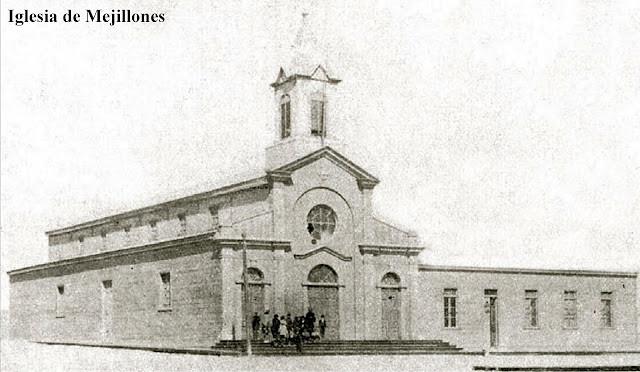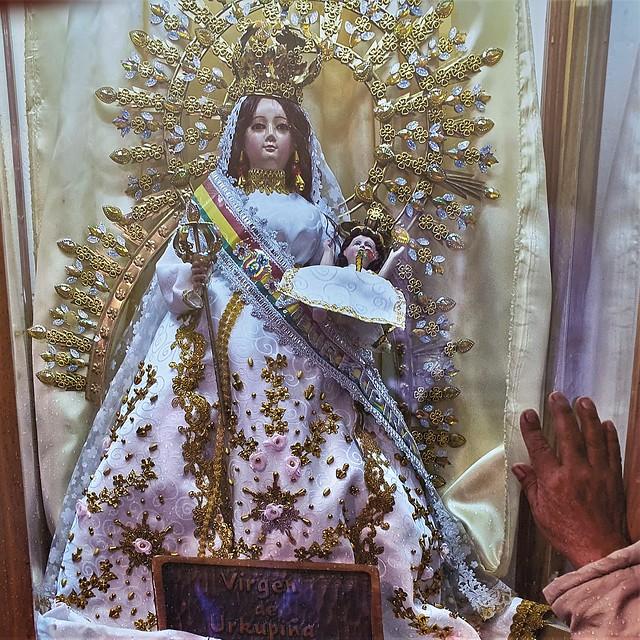
Puerto de Mejillones
Overview
Overview of Puerto de Mejillones
Nestled along the shores of the expansive Lake Poopó in the Oruro Department of Bolivia, Puerto de Mejillones is a quaint yet vibrant city that offers visitors a unique glimpse into the heart of Bolivian culture. This picturesque town, located approximately 30 kilometers from the larger city of Oruro, is primarily known for its fishing industry and its role as a transportation hub for the region. The atmosphere here is characterized by a blend of traditional Andean life and the slow-paced rhythm of lakeside living, making it a refreshing escape from the more bustling urban centers of Bolivia.
The cultural tapestry of Puerto de Mejillones is woven from its indigenous roots, particularly those of the Aymara people. Travelers can immerse themselves in the local customs, which often include colorful festivals, traditional music, and dance that celebrate the rich heritage of the area. One of the most notable events to experience is the annual Carnaval de Oruro, which, although centered in Oruro city, often spills over into the surrounding towns with vibrant parades and folkloric performances. Visitors can witness traditional Aymara clothing, adorned with intricate patterns and bright colors, as locals engage in lively celebrations that honor their history and beliefs.
Historical Significance
Historically, Puerto de Mejillones has played a crucial role in Bolivia's trade and transportation networks. Established as a port town, it served as a vital connection for goods traveling between the highlands and the coast. Although the port's significance has waned over the years, remnants of its rich history can still be found throughout the area. The town's architecture, featuring colonial-era buildings and charming homes, provides a window into the past and is worth exploring for those interested in historical narratives.
Moreover, the nearby Lake Poopó is not only a stunning natural wonder but also an important ecological site. Once the second-largest lake in Bolivia, it has faced significant environmental challenges in recent years, including drought and pollution. Efforts are being made to restore the lake and its surrounding ecosystems, and visitors are encouraged to engage with local initiatives aimed at conservation. This aspect of the region invites travelers to reflect on the balance between nature and human activity, making a visit to Puerto de Mejillones not just a journey into the past but also a step toward understanding contemporary challenges.
Local Characteristics
As you stroll through the streets of Puerto de Mejillones, you will notice a warm and welcoming atmosphere that embodies the spirit of its residents. The local markets are vibrant with vendors selling fresh fish, fruits, and handmade crafts, offering a sensory delight that showcases the region's agricultural bounty. The culinary scene is particularly inviting, with local specialties such as fried fish, quinoa dishes, and traditional Aymara soups that highlight the flavors of the Andes.
The natural beauty surrounding Puerto de Mejillones is equally captivating. The shores of Lake Poopó provide a stunning backdrop for outdoor activities, including bird watching, photography, and leisurely walks along the lakeside. The sunsets here are particularly breathtaking, casting a golden hue over the landscape that draws both locals and visitors alike. For those seeking adventure, nearby hills and elevated terrains offer hiking opportunities that reward trekkers with panoramic views of the lake and the majestic Andes in the distance.
In summary, Puerto de Mejillones is a hidden gem in Bolivia that captures the essence of Andean culture, history, and natural beauty. It invites travelers to slow down, engage with the local community, and appreciate the unique blend of traditions that define this charming lakeside city.
Other towns or cities you may like in Bolivia
Explore other cities that share similar charm and attractions.



